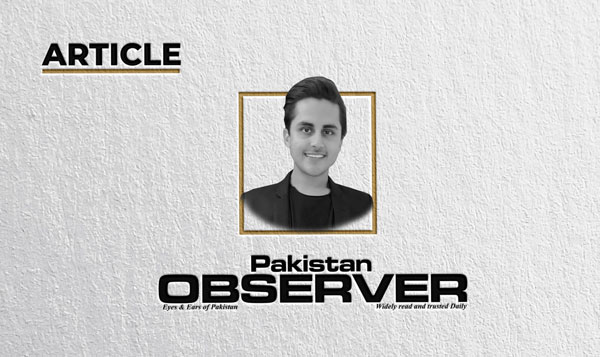Why must the aurat march
AS 2023 happens to be yet another year passing within the blink of an eye, where one moment it is January the 1st and we wake up with new affirmations and resolutions to make drastic lifestyle changes, we enter 100% attendance gyms and we find ourselves making sure to chug 8 glasses of water a day, the next moment we realize 2 months have almost already gone by and we are soon approaching March. While, maybe for some, for a select few, the new year has proved to be a year of change, for most life and business continues as usual – back to being the person they so dearly thought was left behind when on 31st December of last year the clock struck 12 and bells toiled across the globe and beautiful displays of fireworks better than ever before left everyone awe-struck and rather hopeful for the 365 days to come.
So, as we approach march, we approach the world wildlife day, we also approach Holi and in Pakistan, we look forward to March the 23rd – Pakistan day. Among these very important dates and days of celebration, on the 8th the world celebrates women under the banner of ‘International Women’s Days’. Over the last few years, on this date, Pakistani women gather in different cities and march together – together in solidarity, together in change, and together as a force. It is this togetherness that also encourages the likes of Khalil ur Rehman Qamar and Muftis to creep out and sit on various different talk shows asking about the need and purpose of this rather inappropriate march – asking their favourite question and asking it repeatedly: why must the aurat march?
The years may have seen the likes of Zainab, may have also experienced Kasoor and the motorway incident, and may have batted an eye on Noor Mukadam and her murder but the question remains: why must the aurat march? Writing this article at the cost of sounding like a broken record – maybe, just maybe shedding some light on the most recent reported rape case in the heart of Islamabad, the capital city of the Islamic Republic might just answer why the women of this country not only need to but also should continue their march. Pakistan has long treated its women and the white on its flag with utter callousness.
The Fatima Jinnah Park (F9 Park Islamabad), named after the mother of this nation, ironic as that may sound is one of Islamabad’s most recognizable public spaces – a hub for socio-cultural activities, a hub for recreation, and also a breath of fresh air in a
city that is, in the year 2023, proudly moving towards becoming a concrete jungle. In a country plagued with polarization and a city even more so, the park is a venue for all. While the rich and wealthy in this country enjoy musical nights and poetry sessions inside their barbed-wire homes and don’t shy away from spending a fortune on their 5-star hotel weddings, the poor and impoverished do not and can not enjoy the same. But also, while the men can drive at 4 am from Isb to Lhr to reach an 8 am meeting – no questions asked – the women are told not to step foot out after dusk – my point is polarization. And so, for years the park has been a venue for study circles, poetry reading, art classes, and evening walks for all – an all-inclusive safe space. Beyond that, the park has also welcomed the Aurat Azadi Jalsa just last year – acting as a means of protesting against the misogyny and patriarchy of the country.
A violent sexual assault in this very park is a chilling reminder to the women of the city and those of Pakistan that they are not safe in public spaces. The victim-blaming statements in the wake of the incident, similar to those when a woman was raped in front of her children on the motorway and similar to every god-forsaken rape case ever in this country and the discourse 0n social media to ban women from entering parks at night does one thing and one thing only – it reinforces patriarchy, misogyny and most importantly it instills the same entitled mindset that allowed the two men in f9 to give their target rupees 1000 and then a lecture on morals and ethics on what women should and should not do – mind you, after raping her. In a nutshell, the Islamic republic is unsafe and unwelcoming for women. Mince your words and not, the reality does not change but only hits home at one point or another.
The fact of the matter is that women in this city and beyond are struggling. From finding affordable and safe accommodation to finding a secure means of transport, it is not easy. And hence for many women, the march is a channel for expression – a time or rather a day in the 365 days of the year when relating to the experiences of those like them, they draw strength and walk the cities streets openly, freely, and fearlessly. So, a broken record this article may sound but don’t be surprised when in the week leading up to the 8th, you hear how our socio-cultural fabric is damaged and the doing is all that of women. The attack on the aurat azadi march by religious fanatics last year told the women that they could not be allowed to claim public space – even on a day designated to celebrate them. The rape in f9 park is a reiteration of that message and so an answer to why must the aurat march.
—The writer is contributing columnist based in Islamabad.
Email: [email protected]










